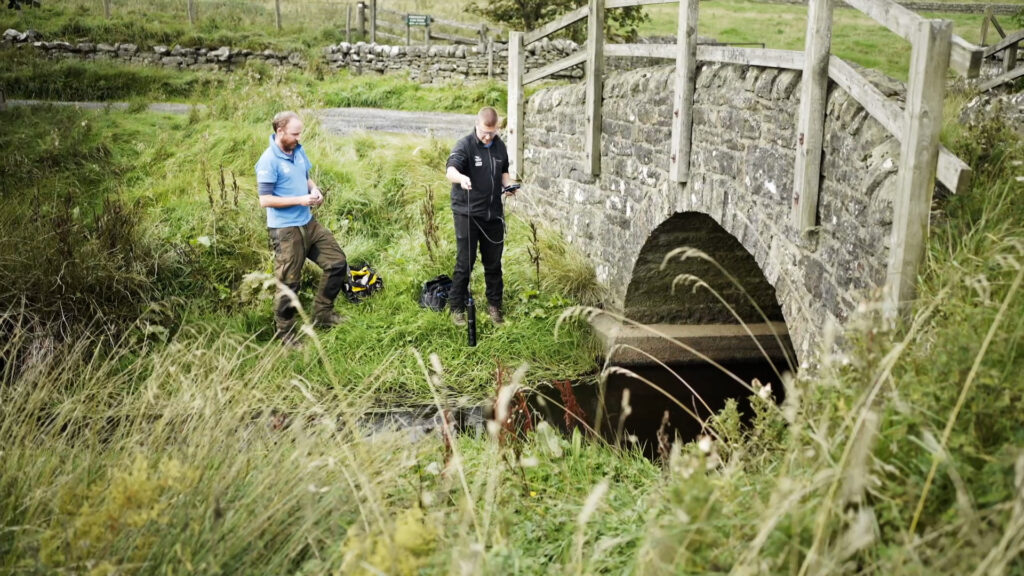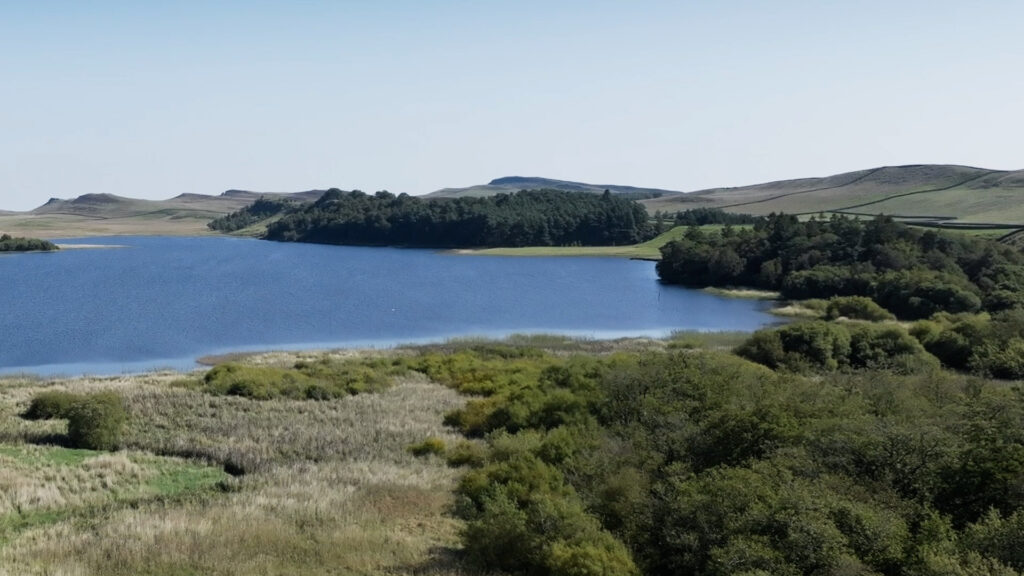
National Parks are essential for preserving our habitats and adapting our countryside to climate change. However, urgent improvement to their management is needed if their ecological systems are to persist.
An alarming State of Nature report found only one in seven (14%) UK habitats in good condition and the Campaign for National Parks found just 6% of English national parks as being effectively managed. The damaging effect climate change has brought to our parks and nature reserves can be seen in areas like Derwent Gorge and Muggleswick Woods. Martin Furness, Senior Reserve Manager of this reserve, claimed in an interview:
“We’re losing all the frost and snow we used to get, so there are no real seasonal changes anymore. Droughts are also unpredictable nowadays. The other big problem is people accessing the countryside itself. Post-COVID, there have been a lot more people wanting to access the countryside but they are not as well informed as people used to be. This can cause mass-disturbance in nature, such as dogs off leads, devastation to nesting birds, trampling vegetation and sheer numbers of people.”
Mr Furness also added “Our Arctic Alpine plants also now cannot go further uphill, as there is little upper habitat to go to anymore in this climate change. There are also more competitive plant species that are outcompeting the smaller Arctic Alpine. However, we do have some experimental work going on, involving winter warming. This is extending the growing seasons with warming chambers, so the growing seasons start earlier.”

While reserves like Derwent Gorge have been making attempts to fight off climate change and invasive species, they are in need of financial aid and government support if they are to preserve habitats and manage tourism well. This is due to mass-improvements being difficult with the dominant threat financial issues have been to national parks and reserves. Many are unable to afford basic frontline services and, in 2022, the Campaign for National Parks reported that funding had fallen by 40% over the previous decade.
Another vital factor is that only 13.7% of national park land is owned, with most being private land not subject to planning controls. This makes them very difficult to manage and start restoration projects with very little power and finance, leading to damaging occurrences like oil drilling within South Downs national park and farming intensification.
With this, it is worth noting the recently elected Labour government have unveiled a “countryside protection plan” to increase access to landscapes and end declines in wildlife, including planting three new national forests. However, specific plans to improving our existing national parks and reserves have yet to be revealed beyond simple promises to make them “wilder and greener.”
But hope is in sight with a new nature restoration project called “Hadrian’s Wall Recovering Nature.” This project’s goals include habitat expansion and wetland restoration centred on Greenlee Lough Nature Reserve, which will work closely with neighbouring landowners to prioritise nature-first land management practices. To get a better view of this project, I interviewed Steven Lipscombe at Northumberland National Park Authority, who is a leader in this conservation project.
The Hadrian’s Wall project is the culmination of over two years of partnership work and came to fruition when Historic England awarded £68,435 to Northumberland National Park Authority for a restoration plan. While this project is a successful new effort in supporting a struggling national park, the amount of time taken to get to this vital point shows the new Labour government must directly ensure other parks are supported quicker with policy changes. We can only hope other parks become de-privatised for similar successes to happen.
With Tony Gates, a leader in Northumberland National Park, claiming the park was suffering from “a chronic lack of government funding,” the noble efforts from various parties in financing this project will hopefully show the new Labour party what benefits can be brought to our parks and that aid must be given quickly!
Views: 66